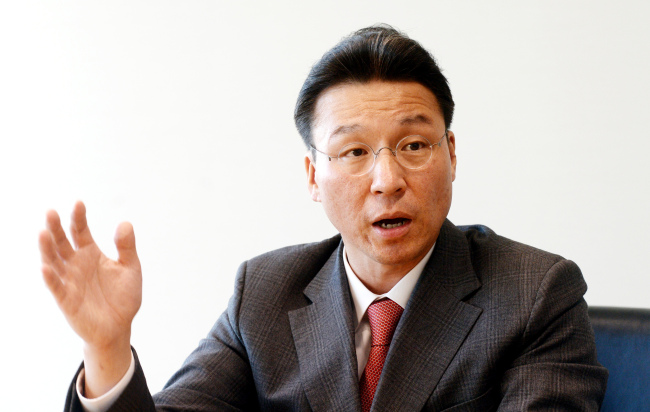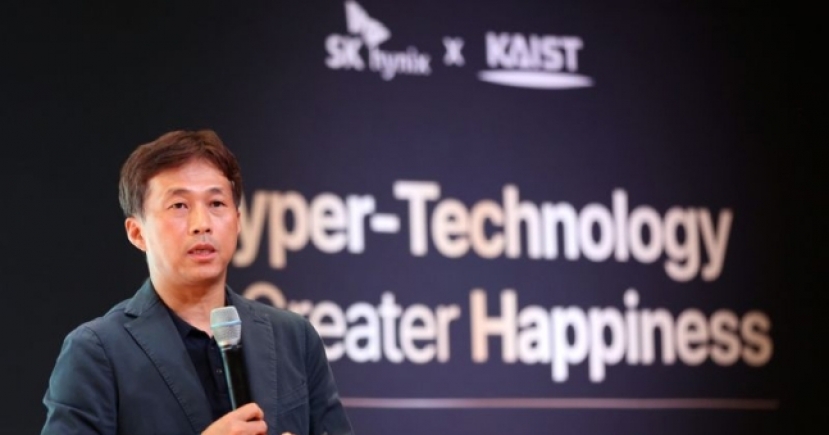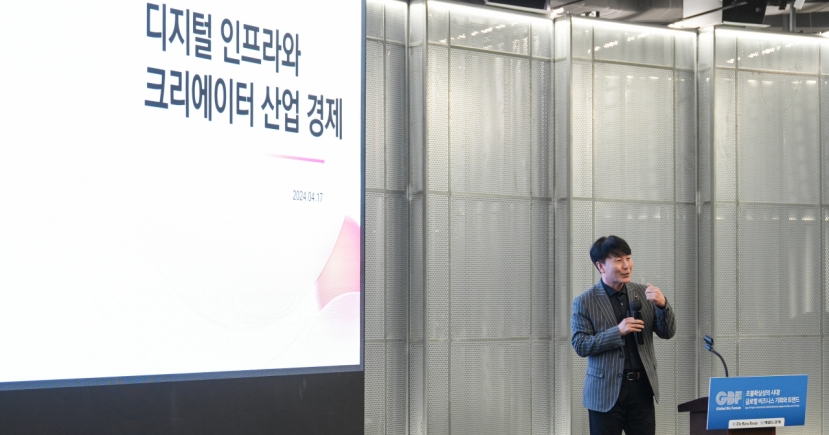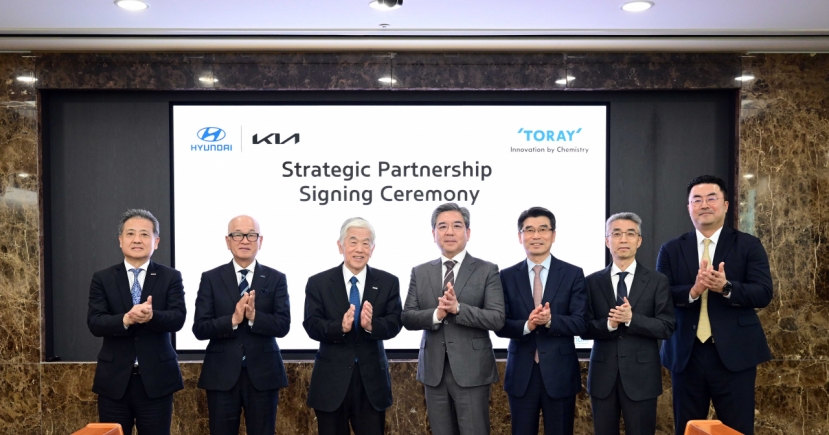Finance
[INTERVIEW] 'Time to tap China’s explosive carbon market'
[THE INVESTOR] With global pressure mounting on South Korea to reduce greenhouse gas emissions, it is now time for Korean companies to tap China’s emissions trading market, which will be 20 times bigger than the Korean one, a climate change expert said.
Kim Sung-woo, regional head of KPMG’s climate change and sustainability in Asia Pacific, predicted Beijing would launch a nationwide emissions trading scheme in the second half of the year.
 |
Kim Sung-woo, regional head of KPMG’s climate change and sustainability in Asia Pacific. Park Hyun-koo/The Korea Herald |
“China’s seven provinces have already launched pilot markets and they will be expanded nationwide later this year, or early next year,” Kim said in an interview with The Korea Herald in Seoul on Jan. 10.
Earlier this month, he became the first Korean climate change expert to be named as a board member of the International Emissions Trading Association, a nonprofit organization that offers consultations on carbon pricing to institutions.
“China’s carbon market will grow explosively this year. The country’s total emissions are estimated at around 10 billion tons, while that of Europe is 2 billion tons and Korea 500 million tons.”
The growth of China’s carbon market will be both an opportunity and a risk for Korean companies, Kim predicted.
In terms of opportunity, Korean companies will be able to sell their emission-reducing technologies to Chinese firms who will rush to reduce greenhouse gases sector by sector.
“Regardless of their will to reduce greenhouse gases, Korean firms have accumulated their own technologies for the past 40 years to cut energy costs that somehow helped reduce emissions. They can sell them to Chinese firms,” he said.
On the other hand, Chinese authorities might impose higher trade barriers on Korean products to protect Chinese manufacturers that would face higher production costs under the greenhouse gas reduction scheme, he said.
Kim brushed off worries that US President-elect Donald Trump’s denial of climate change might put global green projects at risk, citing a relatively low fall in the stocks of US renewable energy-related firms after Trump’s victory, compared to 2001 when the Bush administration abandoned the Kyoto protocol.
“When the US ‘revoked’ the Kyoto protocol in 2001 betraying the international community, stocks of US renewable energy firms plummeted by 30 percent. When Trump won the election, the shares fell by only 5 percent. The stock prices most precisely reflect the market outlook,” he said.
He also commented on the anemic carbon trading activities by Korean companies on the Korea Exchange, which launched an emissions trading system in 2015.
The biggest reason for the sluggish carbon trading is the Korean government’s uncertain policy signals, Kim said.
During the former Lee Myung-bak administration, policies responding to climate change were mainly drawn up by the Environment Ministry, with a goal of reducing greenhouse gases by 30 percent from the business as usual volume expected by 2020.
Now, the Finance Ministry is the main policymaker for climate change responses, with a changed goal of 37 percent reduction by 2030, which activists call a setback.
“Policy changes have made companies shrink and hold emission rights rather than selling them,” he said.
Based in Seoul, Kim’s largest client is the Green Climate Fund, which is headquartered in Songdo.
While the GCF has an about 10 trillion won ($8.51 billion) fund to globally spend on green projects, Kim’s advice is to select and evaluate implementing entities.
So far, the GCF has selected 48 implementing entities including the World Bank, United Nations Environment Program, World Wildlife Fund and the recently designated Korea Development Bank, according to the Ministry of Strategy and Finance.
Kim said he will also expand his consulting services this year to help Korean conglomerates pinpoint the prospects of green projects in emerging countries, enabling them to reduce emissions at lower costs overseas.
By Kim Yoon-mi/The Korea Herald
(yoonmi@heraldcorp.com)








